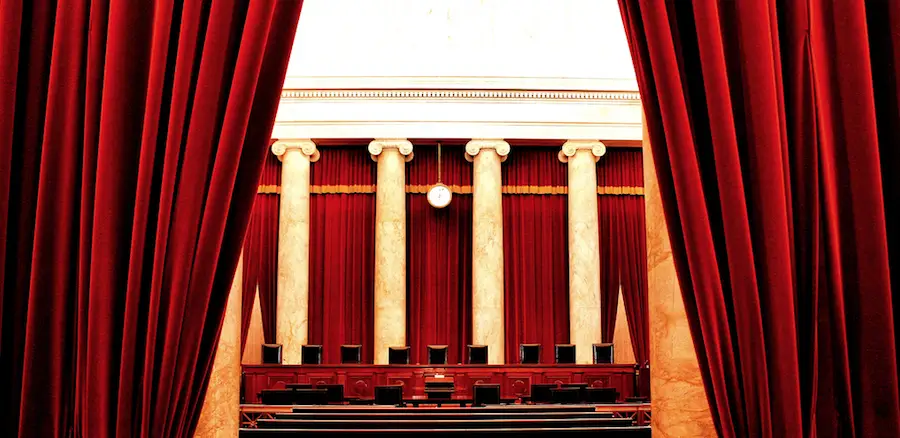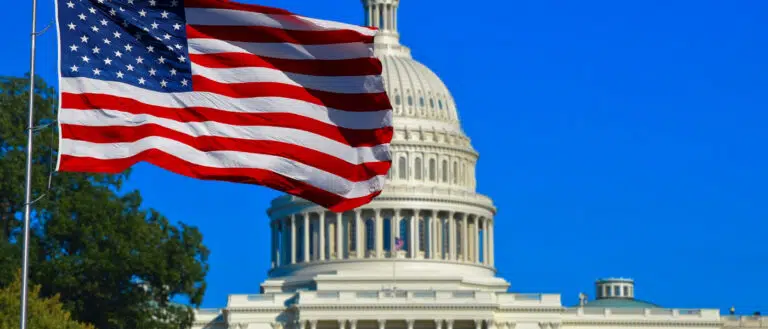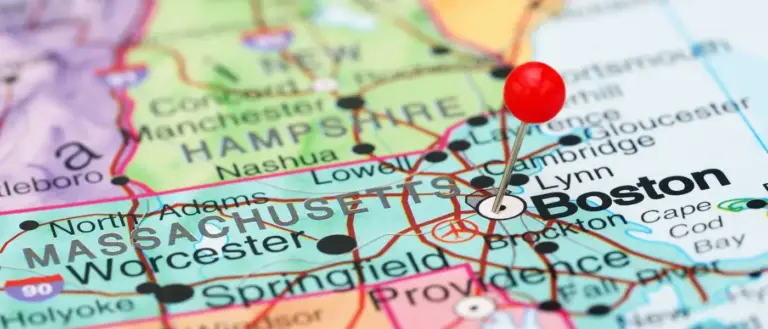State and Tribal Interests Preparing for Legal Sports Betting

A spate of news stories over the past couple of weeks highlights the many preparations being made behind the scenes should sports betting be legalized in the USA. Three stories in particular dating back to last month show how lawmakers, tribes and gaming association groups are preparing themselves for the possibility that the Supreme Court rules the federal sports betting prohibition unconstitutional.
Preparations are being made across the country, but these are some of the more recent reports out there that show how different groups are getting ahead of a potential Supreme Court ruling that results in the Professional and Amateur Sports Protection Act (PASPA) being repealed.
Bill Introduced in Kentucky to Legalize, Regulate and Tax Sports Betting
Kentucky is suffering from underfunding issues that have teachers and other public workers worried about their retirement funds. As the , a shortfall of several billion dollars has put the pension plans of state public workers at risk.
Senator Julian Carroll has come up with an idea to address the issue and raise much-needed funds for teachers and other public workers: legalize sports betting at local race tracks and divert a large portion of the proceeds to the Kentucky retirement system.
Here’s Senator Carroll in his own words:
“When the PFM Group made their recommendations to cut pensions it was my mission to find a new source of revenue for the ailing systems. The state has a moral and legal obligation to fund state pensions. Reducing the benefits of thousands of hard-working public servants is not an option.”
The Senator filed the bill on September 20th, but its passage is contingent on two uncertain events: a successful run through the legislative process in Kentucky and the end of the federal prohibition of sports betting. The US Supreme Court is expected to issue a ruling on New Jersey’s challenge of PASPA at some point in 2018. If the Supreme Court rules against New Jersey, the other remaining possibility would be Congress voting to repeal PASPA.
Senator Carroll’s bill calls for sports betting to be legalized at Kentucky race tracks with proceeds being divvied up as follows:
- 60% for the state’s retirement system, including the Teachers Retirement System
- 30% for the Kentucky Educational Excellence Scholarship
- 10% for the race tracks
West Virginia Commissions a Study on the Economic Impact of Legal Sports Betting
The West Virginia Lottery Commission awarded a $160,000 contract to Eilers and Krejcik Gaming to study the economic impact of sports betting in West Virginia if the Supreme Court strikes down PASPA and the state approves sports betting.
The contract has also tasked Eilers and Krejcik with studying the demographics of people who bet on sports illegally in West Virginia and come up with a strategy for capturing those people if the state does indeed legalize sports betting.
WV Lottery Commission Director Alan Larrick explained that the goal is to be as informed as possible should the Supreme Court strike down PASPA. He also explained that if the state legislature approves of sports betting, he would like the Lottery Commission to be ready to go as soon as possible.
Larrick last month that it was a big advantage for West Virginia when the state was able to offer video slots and table games before neighboring states legalized those same games:
“Historically, that was a great thing for West Virginia financially when we got ahead of our neighbors… If we are given that opportunity, we would like to be able to step forward as quickly as we can, for obvious reasons revenue-wise.”
National Indian Gaming Association Forming Group to Study Sports Betting Issues
Not ones to be left out of the party, tribal gaming groups are also keeping a close eye on developments in legal sports betting. The National Indian Gaming Association (NIGA) will be forming a group to explore tribal gaming options as sports betting, online gambling, and other forms of gambling become available in the US.
The new group called the Indian Sports Betting Working Group (ISBWG) “will explore how tribal governments operating under a variety of federal and state legal and regulatory structures can adapt to sports betting” and other forms of gambling such as fantasy sports and online gaming.
Indian gaming stakeholders have a vested interest in staying abreast of this issue. 30 states already have tribal gambling in some form or another and that will play into legalization efforts in each state if PASPA is repealed and sports betting becomes a state-by-state issue.
NIGA Chief of Staff Debbie Thundercloud is already advising individual tribes to get ahead of this issue and begin conducting their own studies customized to their individual situations in each state. Various gaming compacts between states and tribes combined with a state-by-state approach means there will be no one-size-fits-all solution.
Related:







